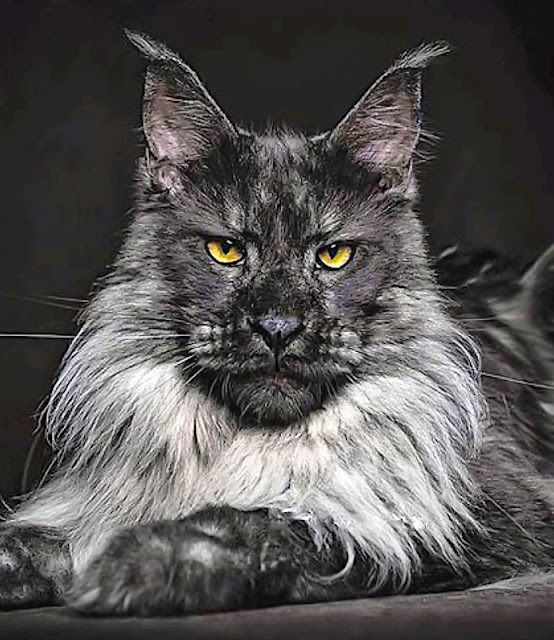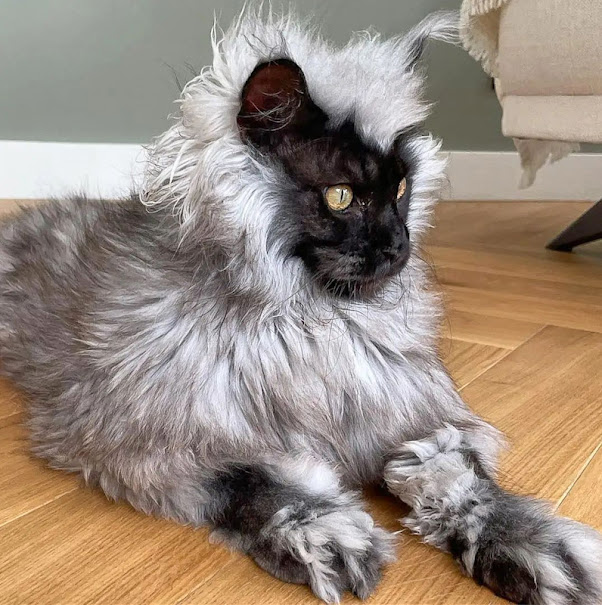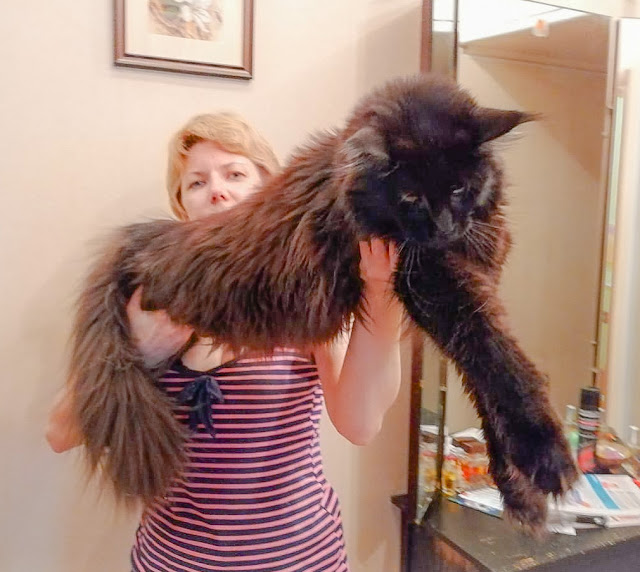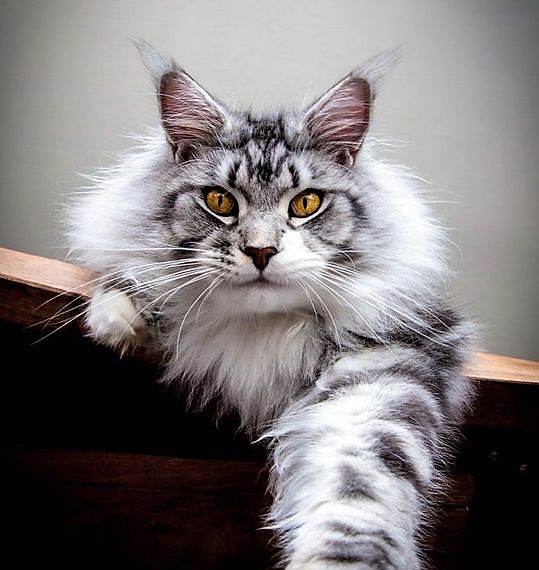What can Maine Coon breeders do to minimize inherited diseases?
Maine Coon breeders can take several steps to minimise the incidence of inherited diseases such as hypertrophic cardiomyopathy (HCM), hip dysplasia and spinal muscular atrophy (SMA). In my view, the quality of a Maine Coon cat breeder depends on how energetically they adopt the following strategies which I don't claim is a complete list. As a purchaser of a Maine Coon kitten I'd ask some pertinent questions when meeting the breeder as to how they deal with these aspects of their operation.
Genetic testing: the competent and committed Maine Coon breeder will engage in genetic testing. They will in fact prioritise it to identify carriers of specific diseases. They want to know if there foundation cats are free of inherited diseases. If they carry the genetic mutations which create these diseases. And there are DNA tests available for the three diseases mentioned above. These are the major inherited diseases. Breeders will select breeding pairs that are free from these genetic mutations. Or by selecting pairs that are only carriers matched with non-carriers they can reduce the likelihood of passing on the diseases to kittens.
Health screening: screening of foundation, breeding cats is crucial. This should include cardiac evaluations for hypertrophic colour myopathy and orthopaedic evaluations for hip dysplasia and thirdly neurological evaluations for SMA. The breeding, foundation cats should be certified healthy by a qualified veterinarian with good knowledge about these health conditions.
Responsible breeding practices: perhaps it goes without saying that Maine Coon breeders should follow responsible breeding practices. This should include maintaining a healthy gene pool which means a diverse gene pool. Genetic diversity is essential to good health although all Maine Coon cat breeders inbreed their cats in order to fix morphologically desirable aspects of the cats. By this I mean they need to make sure that their cats look compliant with the breed standards. Although inbreeding and excessive line breeding should be avoided to minimise the risk of inherited diseases. This is one of those perennial conflicting problems; creating a cat which looks good and inline with the breed standard while also creating a cat which is not unhealthy due to carrying the genetic mutations which imports these diseases into the cats.
Breeding age and frequency: breeding younger cats places them at a higher risk of complications so breeding cat should be of an appropriate age and maturity before being bred. Further, female cat should be allowed a sufficient time between litters to ensure their health and well-being.
Collaborating with experts: breeders have the option to collaborate with veterinary professionals and geneticists specialising in feline genetics and in Maine Coon inherited diseases. The experts can provide guidance on best breeding practices and genetic testing.
Breeding programmes and registries: breeders should participate in recognise breeding programs and registries in order to promote responsible breeding practices and further to monitor inherited diseases. The programs provide guidelines and recommendations to help breeders do their best to ensure that their kittens have the minimum of occurrences of genetic disorders.
It's impossible to eliminate inherited genetic diseases especially with the way that cat breeders operate as mentioned above. Also, the diseases can be complicated in terms of their inheritance but the point is that Maine Coon breeders - as the case for all cat breeders - should do their best to minimise ill-health which, by the way, would be in line with the guidance provided by the cat associations. The first priority should be health but unfortunately there's a lot of pressure on breeders to comply with the breed standards which leads them towards inbreeding and a lack of genetic diversity which allows the recessive genes that create these diseases to become manifest.











Comments
Post a Comment
Please share your Maine Coon experiences.